THE filling of reserved seats for non-Muslims and women in the National Assembly as well as provincial assemblies turned out to be a discretionary exercise by high-ups of different political parties while completely ignoring the say of non-Muslims as well as female members.
One major flaw in the existing system of filling the reserved seats is that no independent candidate can run for these seats and one has to be a member of a political party. As such under this system women and minorities are now left at the mercy of political parties.
The way these seats have been filled in past and now when the priority lists were submitted by political parties for the 2012 general elections to the Election Commission of Pakistan, members of minority communities as well as women workers have started raising their voice against the arbitrary mechanisms adopted by political parties in this regard.
One thing is now clear a political party might not be popular among non-Muslims but it too can win a reserved seat in the existing system.
“This system is nothing but a big fraud with the minorities. In past our reserved seats were filled through direct elections on basis of separate electorate due to which our importance had increased, but now there is no say of members of the minorities in it,” said Tufail Masih, a former councilor of Peshawar Town 3.
He said that he had filed papers for the three seats reserved for non-Muslims in Khyber Pakhtunkhwa Assembly on behalf of Jamiat Ulema-i-Islam-F but his papers were rejected as he was not named in the priority list of the party.
“My party has named a candidate on top of the priority list but he was never seen in the community and has remained least bothered about their problems,” said a member of Christian community adding that these reserved seats were of no benefit to them. He added that now you don’t need to work for your community and have only to appease leaders of political parties through different means including use of money.
Similar is the case with the seats reserved for women. Several candidates of different political parties were seen at the office of provincial election commissioner in Peshawar complaining about the priority lists submitted by their respective parties.
“The lists submitted by our party has fallen like a bombshell on many of us as contrary to the decision made by the parliamentary board in the province several names were either removed or their serial numbers were changed,” said a female member of Pakistan Muslim league-N.
She added that the priority list was changed overnight so as to accommodate some favourite persons on top positions in the priority lists.
The existing system was introduced by former military ruler General (retd) Pervez Musharraf in 2002 by amending the Constitution and several other election-related laws. Through his infamous Legal Frame Work Order 2002, Gen Musharraf made drastic changes in the Constitution. Article 51 was amended and 60 seats reserved for women and 10 for non-Muslim were introduced in the National Assembly.
These seats have to be filled through mechanism of indirect elections of proportional representation on the basis of priority lists of candidates to be submitted by the political parties.
Similarly, Article 106 was amended and seats were reserved for women and non-Muslims in the provincial assemblies. These seats include 66 for women in Punjab Assembly, 29 in Sindh Assembly, 22 in Khyber Pakhtunkhwa and 11in Balochistan. Seats reserved for non-Muslims in provincial assemblies are: nine in Sindh, eight in Punjab, and three each in Khyber Pakhtunkhwa and Balochistan.
Furthermore, amendments were made in the Representation of Peoples Act 1976. Section 47A was incorporated in the said law and it was made binding on the political parties to file separate lists of candidates in order of priority for seats reserved for women and non-Muslims with the ECP.
Prior to the existing system, Article 51 of the Constitution provided 10 reserved seats for minorities which were filled through direct elections on basis of separate electorate. Similarly, it provided that until expiry of a period of 10 years or the holding of third general election to the National Assembly, whichever occurred later, 20 seats were reserved for women in the National Assembly that had to be filled through proportional representation. The said reserved seats expired after the 1988 general elections and prior to the promulgation of LFO there were no reserved seats for women.
So far a lot of discussion has taken place on these seats among the civil society groups.
They mostly believe that unless these seats are filled through direct election the purpose of reserved seats would not be served. Some of the observers believe that just like the previous local government system where women and minorities got elected to the union councils through direct election in a similar manner the mechanism for filling reserved seats in national and provincial assemblies should be changed.

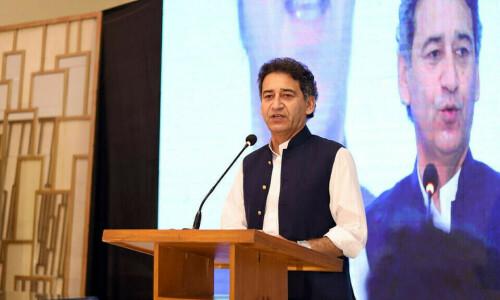













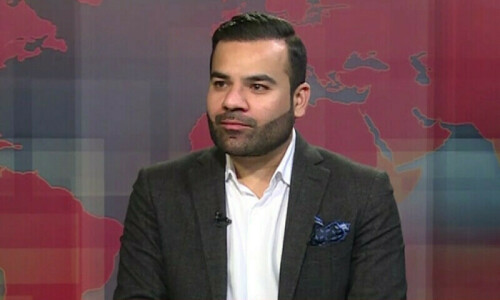
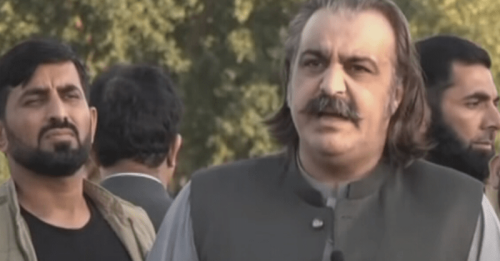

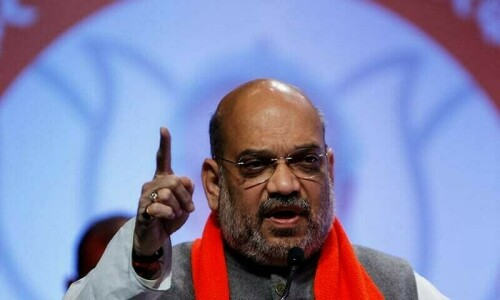



















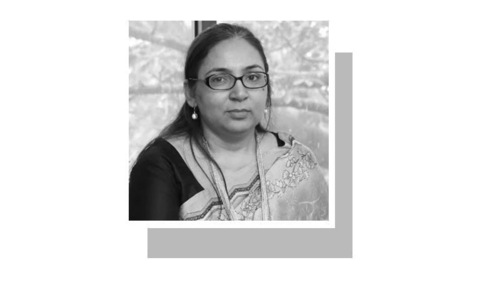
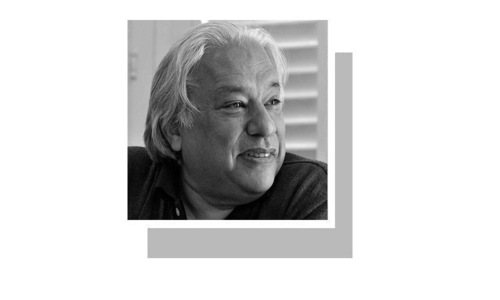

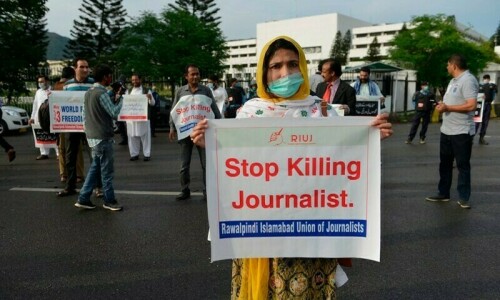


Dear visitor, the comments section is undergoing an overhaul and will return soon.